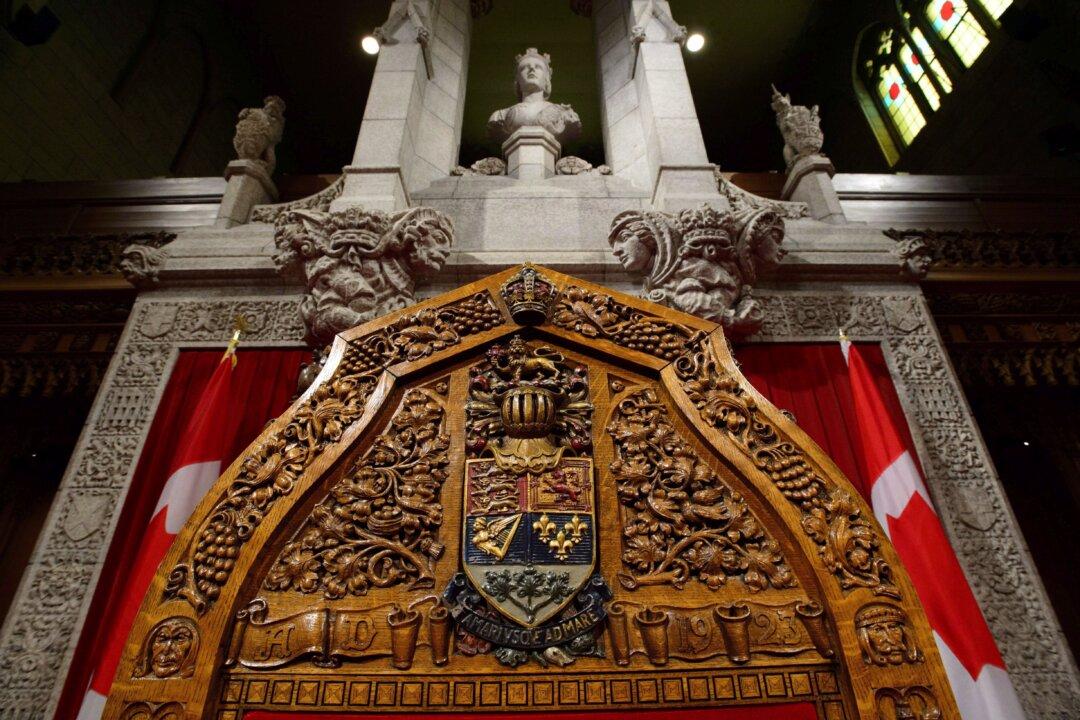Commentary
Before the tributes to Queen Elizabeth II were even done, there were those who swooped in with calls for Canada and other realms finally to become republics, and worse. To which I say be careful what you wish for.

Before the tributes to Queen Elizabeth II were even done, there were those who swooped in with calls for Canada and other realms finally to become republics, and worse. To which I say be careful what you wish for.